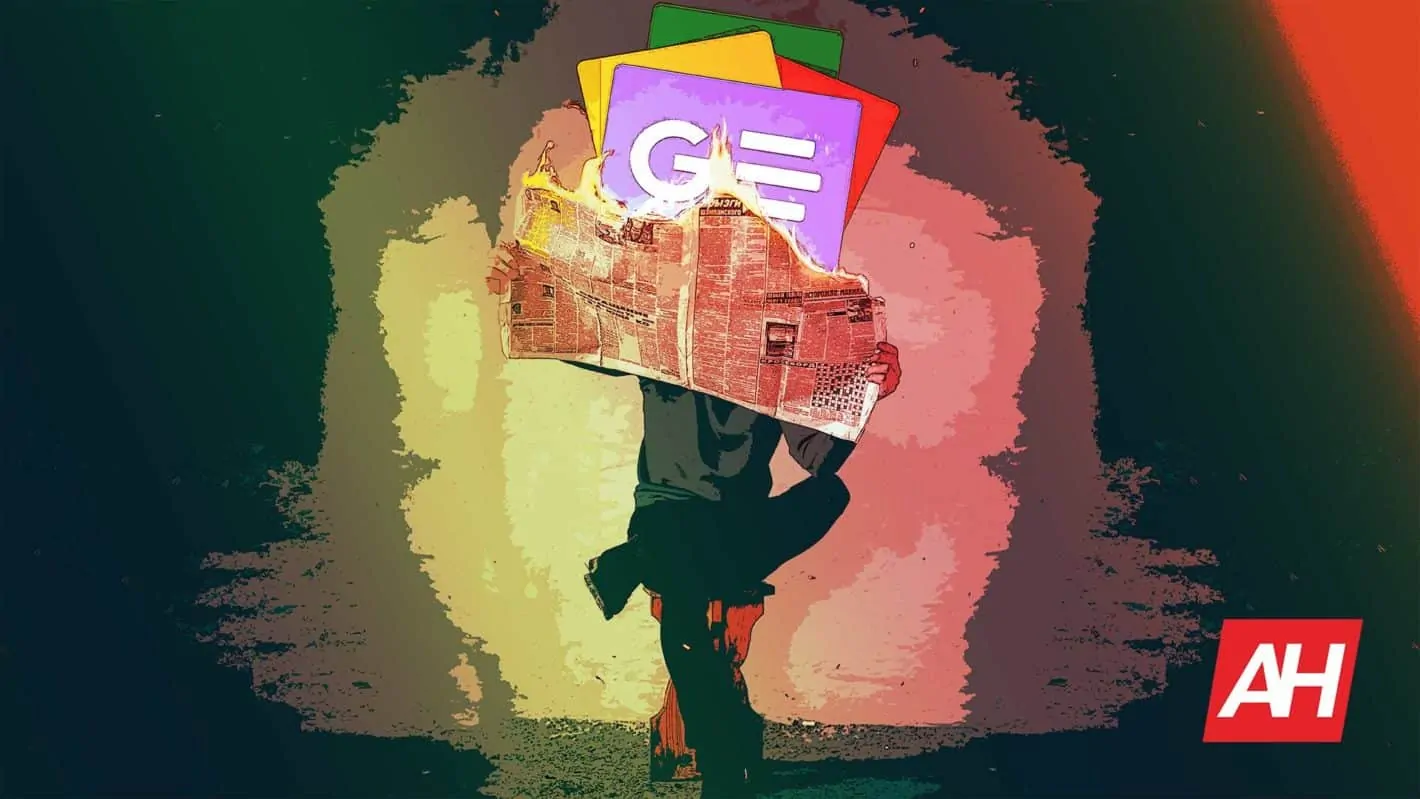Within minutes of the Apple News Plus service being announced at the Steve Jobs Theater on Monday, Google launched Real-time Content Insights, an extension of the News Consumer Insights service introduced last year that’s meant to help publishers optimize their publications and make them better at attracting and monetizing audiences. As the name implies, the focus of the solution is on real-time data, so Alphabet’s subsidiary appears to be rather late to the game, relying primarily on the popularity of Google Analytics and the pull of its multi-million-dollar journalism fund announced in 2018 to convince news outlets to give the newly launched tech a chance.
Make no mistake about the timing of this announcement; however wear relative to Apple’s bombshell, this was certainly intended to take at least some spotlight away from the iPhone maker. The Apple News Plus service may not be as beneficial to local media as of now but fundamentally, this is the step the tech industry has been expected to make for many years now – using their tremendous pull in order to help the best outlets connect with the readers that will appreciate them. Priced at $9.99, the service essentially acts as a Netflix for quality journalism spanning a wide variety of segments, with Apple even allowing users to share their subscriptions with one other family member. Heh, “family”, sure.
Gests aside, with over 300 magazines to choose from in the vanilla version of Apple News Plus and the service being available as of right now, this is already promising to be a more significant contribution to the media industry’s sustainability than anything Google and Facebook combined did over the years. The closest Google came to something like this was the Subscribe with Google service debuted about a year ago which remains extremely limited in scope as in overall, its goal is to make conversions, i.e. sales, which in turns means it’s a Google solution that, at its best, ends up taking people away from Google services by presenting them with the keys to the world of premium online journalism.
This supposed desire to help the industry is fundamentally opposed to Google’s obsession of keeping Internet users within its ecosystem for as long as possible. And while the freely accessible sites often run Google ads and are hence a part of its machinery, those with paywalls most often feature no such elements, whereas Google doesn’t appear to be taking a significant cut of their subscriptions either, presumably due to the optics of doing so.
Similar reluctant experiments were pursued by Facebook in the past, ultimately resulting the exact same scenario – continued cannibalization of the media industry and feel-good stories for the actors responsible. There is no relevant industry tracker that disagrees with the assessment that Google and Facebook not only account for the vast majority of today’s digital advertising revenue but are also absorbing most of its growth. With their advertising networks selling space for pennies on the dollar, their sheer scale still allowed them to grow into the monopolistic behemoths they now are. Naturally, with the side effect being a slow demise of the media industry.
Unable to rely on first-hand ad sales, the majority of the segment has been experimenting with everything from subscriptions to various forms of product placement, “organic” (marketers love that word) content, and similar buzzwords describing articles that wouldn’t have gotten written and videos that wouldn’t have gotten produced had someone not paid for them in advance – solely to survive. Google can talk about its love for journalism all its wants, buy media support with its $300-million fund for as long as that piggy bank lasts, yet ultimately – the media industry is consolidating at a steady pace now, particularly in the United States (just look at how crazy Disney and AT&T have recently been) because no other option guarantees its near-term survival. What will happen half a decade from now when Google and Facebook control an even larger share of all ad dollars flowing through the World Wide Web? Nothing good for either the media or the general public, but rest assured we’ll be spoon-fed some stories about these two pulling a couple of journos from the street and giving them shelter for a week. Or giving 50 grand to a 20-person media organization that was booming until marketers stopped buying ads in it directly once Google rolled into town, same thing, really.
That’s why even Android fans should be welcoming the Apple News Plus service, even though the platform is unlikely to ever make its way outside of iOS – it’s a no-nonsense way to let the media industry continue serving audiences around the world without having the business side of its operations slowly rotting away. It’s essentially what Google and Facebook have been teasing for years with no intentions of delivering because doing so would mean impacting a few percentage points of their thin profit margins. After all, they only made just a tiny bit more than $52 billion in combined profit last year; you can’t expect them to stop destroying industries just yet.
So, while Google’s new dilemma appears to be whether to follow suit with Apple, i.e. take it on in the media segment directly, or continue feigning interest in independent journalism, there’s little chance of the former actually happening. Apple has the advantage of not being an advertising company, i.e. not having to pretend it’s a relevant hardware player, which is why from its perspective, the launch of something like Apple News Plus actually constitutes diversification, not sacrifice. Being able to indirectly call out Google on its make-believe media agenda is just an addeed bonus, really.
On the other hand, you’d probably expect antitrust regulators in some part of the world would look into doing something about these two because someone who makes both Murdoch and Soros hate them for their media shenanigans surely can’t be playing fair. But as time goes on and these two juggernauts grow even more powerful, amassing even vaster wealth and entrenching themselves into even more industries, the chances of them being broken apart or at least stopped from swallowing the consumer Internet as we know it continue to weaken. After all, they were able to lobby all legal troubles away a decade back, so it’s unrealistic to expect they’ll slip up now when their resources appear to be infinitely bigger, and world leaders significantly weaker. Yes, the EU is waking up but in a manner that simply screams “too little, too late.”

